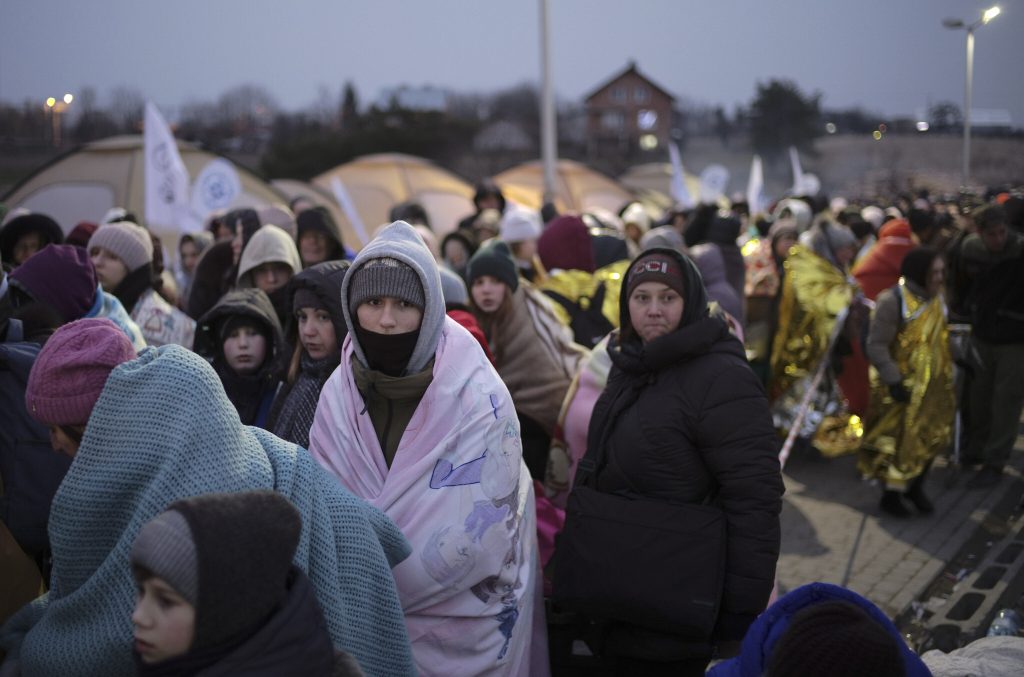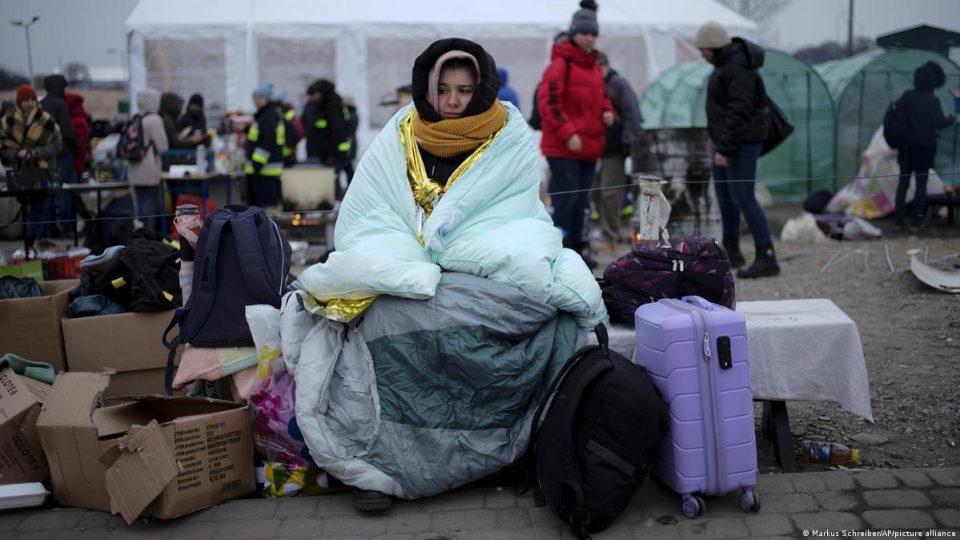FALCON POWERS – The federal government in Germany has rejected ideas calling for the forced repatriation of Ukrainian refugees to specific areas in Ukraine. This comes amidst the ongoing debate in Germany over whether some Ukrainian refugees should receive the standard asylum-seeker benefits rather than the higher “Bürgergeld” (citizens’ income) welfare payments that are intended for low-income or unemployed German citizens.
A spokesperson for the German Foreign Ministry stated on Monday, June 24, 2024: “We see that the Russian forces in their illegal war of aggression are attacking all parts of Ukraine.” The official noted that the Russian attacks are targeting, among other things, electricity supplies and other critical infrastructure. The German official continued: “From this perspective, I don’t know where there could be a safe place in Ukraine.”
Earlier this week, demands had arisen from the Bavarian Christian Social Union party to repatriate Ukrainian war refugees to their home country if they refuse to work in Germany.
In comments to the newspaper “Bild am Sonntag”, the parliamentary group leader of the Bavarian Christian Social Union, Alexander Dobrindt, said: “After more than two years since the start of the war, the principle must apply: either accept work in Germany or return to safe areas in western Ukraine.”

It is worth noting that since June 2022, refugees fleeing the war in Ukraine have become eligible for the higher standard welfare benefits (“Bürgergeld”) instead of the lower asylum-seeker benefits.
The federal government and the state governments had agreed on this step at the time. Ukrainian war refugees do not need to apply for asylum, as they are being received in the European Union based on a directive on mass influx. This status for Ukrainian refugees has been extended recently until March 2026.
According to the German Interior Ministry, Germany is currently providing protection for around 1.17 million people from Ukraine, mostly women and children.
German Labor Minister Hubertus Heil, who belongs to Chancellor Olaf Scholz’s Social Democratic Party, reported that the number of Ukrainian refugees working in jobs subject to social security in Germany has recently reached around 187,000 people.
In this context, German government spokesman Steffen Hebestreit referred to the measure called “Acceleration of Employment” that the government announced in the fall to enable refugees with prospects of staying to obtain employment more quickly.
Hebestreit said that “Ukrainian refugees obtaining jobs subject to social security is completely in their interest as well as in our interest.”


